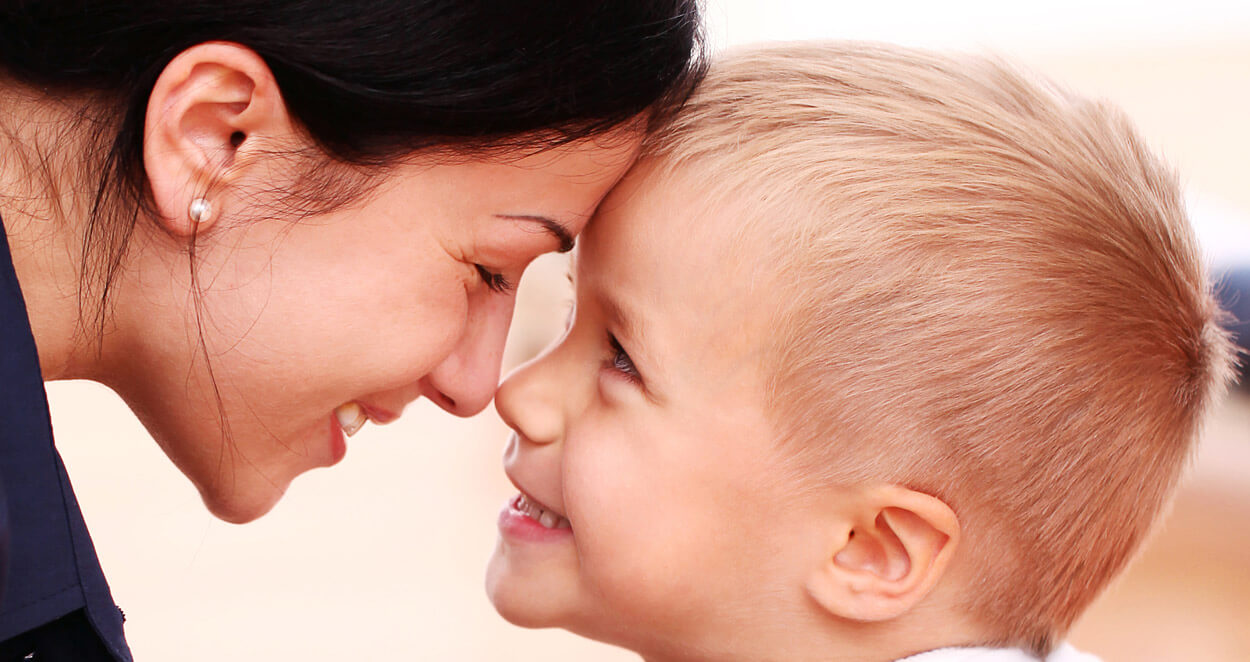Separation anxiety

16 Feb 2020
Some children are more independent than others, but it is very common for children to experience separation anxiety. Some may experience it as early as four months old, while others experience separation anxiety during their toddler and preschool years.
It takes a while for your child to understand the concept of time. When you say you’ll be five minutes, all they understand is that the person, whose survival they depend on, is not there.
Of course, you don’t want to put your little one through this kind of emotional distress, but there will come times when you need to be away from your child, whether it is to return to work, run an errand, send them to school, or just to have a few moments to yourself.
Some common separation anxiety strategies may seem counter-productive at first, but there is method to the madness:
- Unless you are just outside the room, or will not be gone for more than a few minutes, DO NOT just disappear. It may seem easier for you because you avoid the initial tears and tantrums, but in the long run this causes more harm than good. In most cases, this will cause a sense of distrust from your toddler and they will be more likely to cling to you, lest you pull another disappearing act.
- Having a brief goodbye ritual signals to your child that you are leaving. This may not always prevent the tantrum from happening, but if you prolong the goodbye, you prolong the transition and the anxiety. Give a quick hug, kiss or even a fist-bump and then move on.
- Consistency gives comfort. By keeping consistent, your child will soon understand that, although you’re leaving for a while, it is only temporary and they have nothing to fear –because they know you will always return.
- Overcoming separation anxiety is an exercise that both tests and builds trust between the two of you. To help ease their distress and to build trust, make sure that you keep to your promise. If you say you will be waiting at the gate when all the other moms and dads come to fetch their children after school, make sure you are at the gate on time. Schedule your day around ensuring that you will be there on time, at least until your child becomes more comfortable with the idea of being without you.
This is one of many stages of your child’s development that will work itself out over time, but should you feel that their separation anxiety is persisting even after their preschool years, seek the professional help of a paediatrician or a child therapist. Though keep in mind possible events or situations that could be triggering anxiety in your child. Ask yourself:
- Has something traumatic happened recently?
- Is your child feeling ill?
- Has your child or your family experienced a big change?
Always trust your instincts. No one knows your child better than you do.